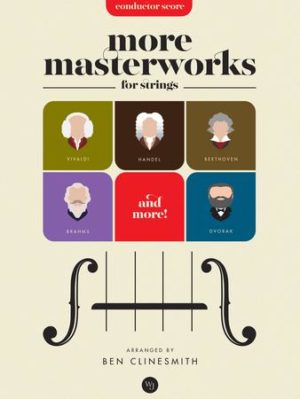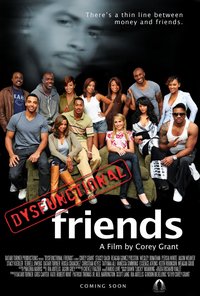

In 2001, ASCAP and the government agreed to a new consent decree, the Second Amended Final Judgment (the “AFJ2”). July 17, 1950) (“ASCAP Decree”) United States v. at 11, and minimize the “danger of unreasonable activity” caused by ASCAP and Supp.2d 206, 211–12 (S.D.N.Y.2010). Settlement of these complaints led to the entry of two separate, but largely similar, consent decrees that continue to “substantially control” ASCAP and BMI's licensing practices, id. The government sought to enjoin ASCAP and BMI's exclusive licensing powers and require them to offer different forms of licensing.
Universal database bmi ascap license#
The government alleged, inter alia, that ASCAP and BMI's blanket licenses, the only type of license offered when the suits were brought, constituted “an illegal restraint of trade and that arbitrary prices were being charged as the result of an illegal copyright pool.” CBS, 441 U. In 19, the United States filed separate antitrust complaints against ASCAP and BMI for unlawfully monopolizing the licensing of performing rights. 2 ASCAP and BMI have traditionally offered “blanket licenses,” or licenses that grant access to a PRO's entire repertory in exchange for a flat annual fee unaffected by the extent to which its music is performed. Together, ASCAP and BMI license the music performance rights to most domestic copyrighted music in the United States. They collect license fees and remit royalties to the copyright holders. They negotiate, implement, and enforce agreements with licensees that grant the right to perform their members' copyrighted songs. Each represents hundreds of thousands of songwriters, composers, and publishers who hold copyrights in millions of musical works. ASCAP was created in 1914 by music creators and publishers as an unincorporated membership association. We affirm.ĪSCAP and BMI are “performing-rights organizations” (“PROs”). Stanton, J., in BMI and Denise Cote, J., in ASCAP) adopted DMX's proposals. In both cases, the district court (Louis L. (“DMX”), a provider of background/foreground music (“BG/FG music”).

In these parallel cases, separate petitions were filed in the Southern District of New York requesting the court to set a “reasonable” rate after ASCAP and BMI were unable to agree on licensing fees with DMX, Inc. In 1966, the United States entered into a similar antitrust consent decree with Broadcast Music, Inc. Where, for example, ASCAP and a prospective licensee have reached an impasse over fees, under the consent decree, either may petition the United States District Court for the Southern District of New York to set a “reasonable” licensing fee. The suit resulted in a consent decree that provided certain protections for prospective music licensees. In 1941, the United States brought an antitrust action against the American Society of Composers, Authors and Publishers (“ASCAP”). Department of Justice, WA, District of Columbia, for Amicus Curiae United States in ASCAP v. Joseph, Wiley Rein LLP, WA, District of Columbia, for Amici Curiae Television Music License Committee, LLC, et al. LLP, New York, NY, for Amicus Curiae American Society of Composers, Authors and Publishers in BMI v. Hershman, White & Case LLP, New York, NY Joan M. Department of Justice, WA, District of Columbia, for Amicus Curiae United States in BMI v. Varney, Assistant Attorney General Robert B. Harrison, Christopher Harrison, PLLC, Austin, TX, for DMX, Inc. Larson, on the brief), Weil, Gotshal & Manges LLP, New York, NY Christopher S. Mentzer, White & Case LLP, New York, NY, for American Society of Composers, Authors and Publishers. Reimer, Samuel Mosenkis, ASCAP, New York, NY Christopher J. Conn, on the brief), Gibson, Dunn & Crutcher LLP, WA, District of Columbia Joan M.

DiMona, Broadcast Music, Inc., New York, NY, for Broadcast Music, Inc. Citron, on the brief), Wilmer Cutler Pickering Hale and Dorr LLP, WA, District of Columbia Marvin L. Decided: June 13, 2012īefore PARKER, CHIN, and LOHIER, Circuit Judges. Thp Capstar Acquisition Corp., Now Known As DMX, Inc., Applicant–Appellee. United States of America, Plaintiff, American Society of Composers, Authors and Publishers, Defendant–Appellant, v. United States Court of Appeals,Second Circuit.īROADCAST MUSIC, INC., Petitioner–Appellant, v.


 0 kommentar(er)
0 kommentar(er)
